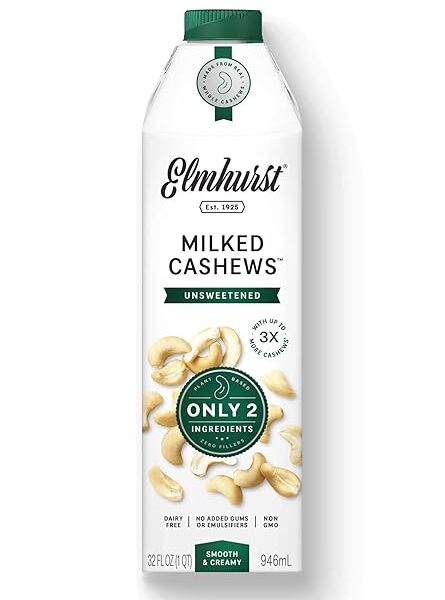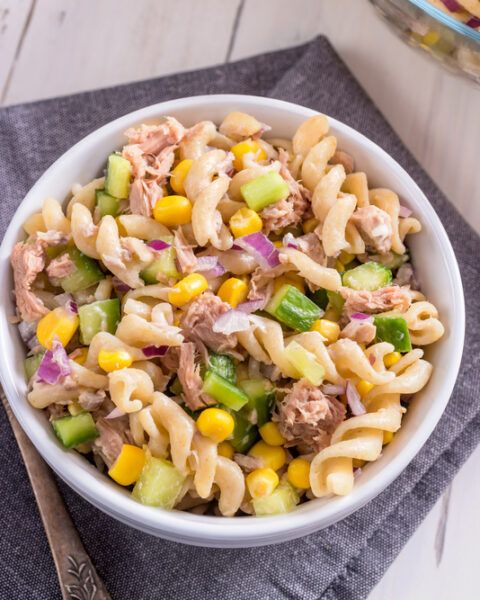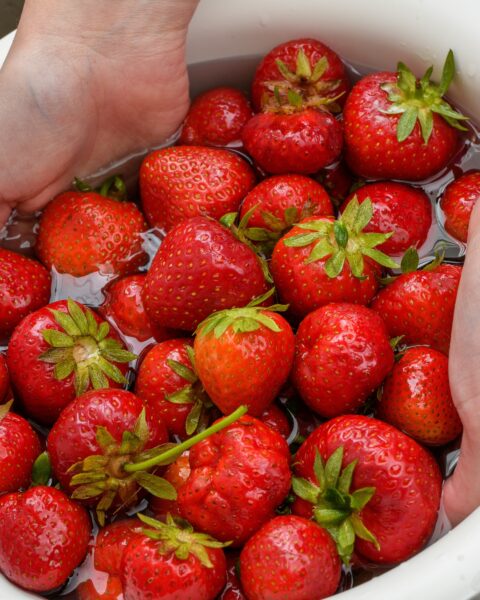Food storage is an essential part of maintaining a healthy kitchen, but many of us fall into habits that do more harm than good. Believing in outdated or incorrect information about how to store your groceries can lead to wasted food, and ultimately, wasted money. It’s easy to assume that certain practices are the best way to keep food fresh, but not all advice is created equal. Here, we’ll debunk some common food storage myths that could be costing you more than you think.
Contents
- 1 Keeping Tomatoes in the Refrigerator
- 2 Storing Bread in the Fridge
- 3 Washing Produce Before Storing
- 4 Keeping Eggs on the Counter
- 5 Storing Potatoes in the Fridge
- 6 Leaving Canned Goods in the Garage
- 7 Storing Milk in the Refrigerator Door
- 8 Refrigerating Bananas
- 9 Keeping Herbs in the Fridge Without Protection
- 10 Storing Onions and Garlic Together
- 11 More From RetailShout
- 12 The 14 Ultimate Ranking of Trader Joe’s 2024 Boxed Mixes
- 13 14 Creative and Healthy Lunches Your Kids Will Look Forward To
Keeping Tomatoes in the Refrigerator
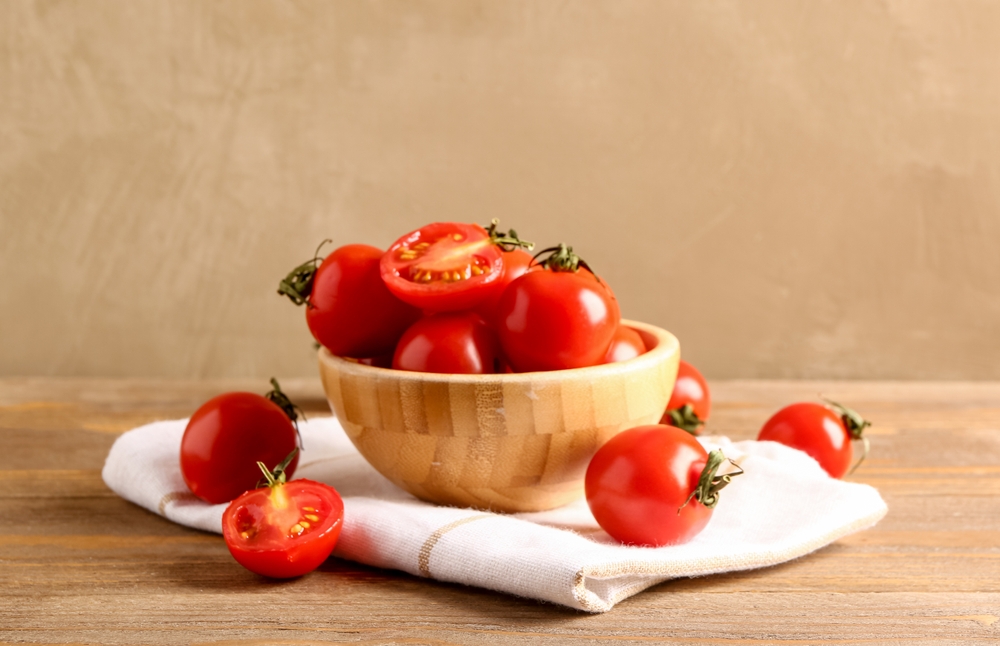
Many people believe that storing tomatoes in the refrigerator will keep them fresh longer, but this practice can actually do more harm than good. The cold temperature alters the texture of tomatoes, making them mealy and reducing their flavor. Instead, tomatoes should be kept at room temperature, away from direct sunlight, to preserve their taste and quality. If they start to overripe, consider using them quickly in sauces or salsas rather than refrigerating them.
Storing Bread in the Fridge
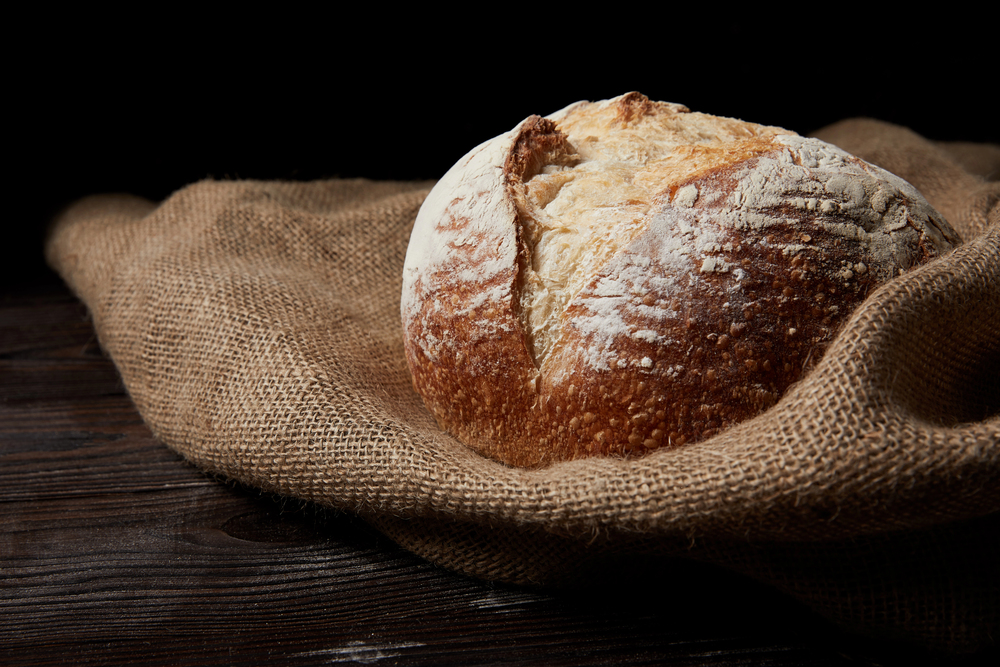
It’s a common misconception that storing bread in the fridge will keep it from going stale, but the opposite is true. Refrigeration causes bread to dry out faster due to the cool, dry environment, leading to a crumbly and unappetizing texture. Bread is best stored at room temperature in a bread box or wrapped in a cloth to maintain its freshness. If you need to keep it longer, freezing it is a better option, as it preserves moisture and texture.
Washing Produce Before Storing
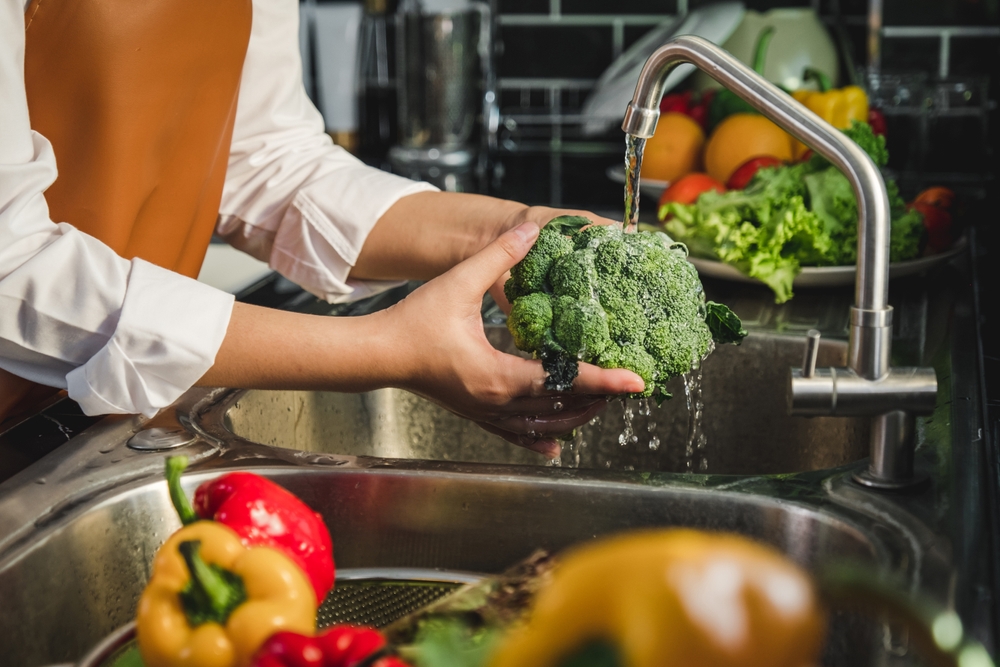
Washing fruits and vegetables before storing them might seem like a good way to ensure they’re clean and ready to eat, but it can actually speed up spoilage. The moisture left on the produce creates an ideal environment for mold and bacteria to grow, causing them to rot faster. It’s better to wash produce just before you use it, rather than when you bring it home. This simple change can extend the life of your fruits and veggies significantly.
Keeping Eggs on the Counter
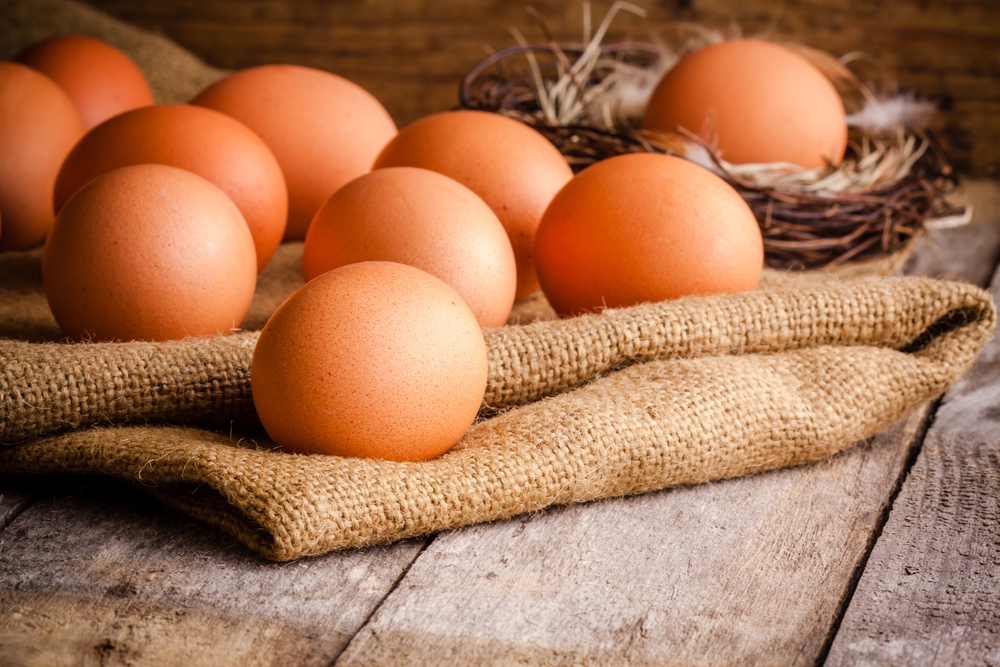
In some countries, it’s common to see eggs stored on the counter, leading many to believe it’s the best method everywhere. However, in places like the U.S., eggs are washed and need to be refrigerated to prevent bacterial growth. Storing eggs at room temperature in these regions can increase the risk of spoilage and foodborne illness. Always keep eggs in the refrigerator unless they are farm-fresh and unwashed.
Storing Potatoes in the Fridge
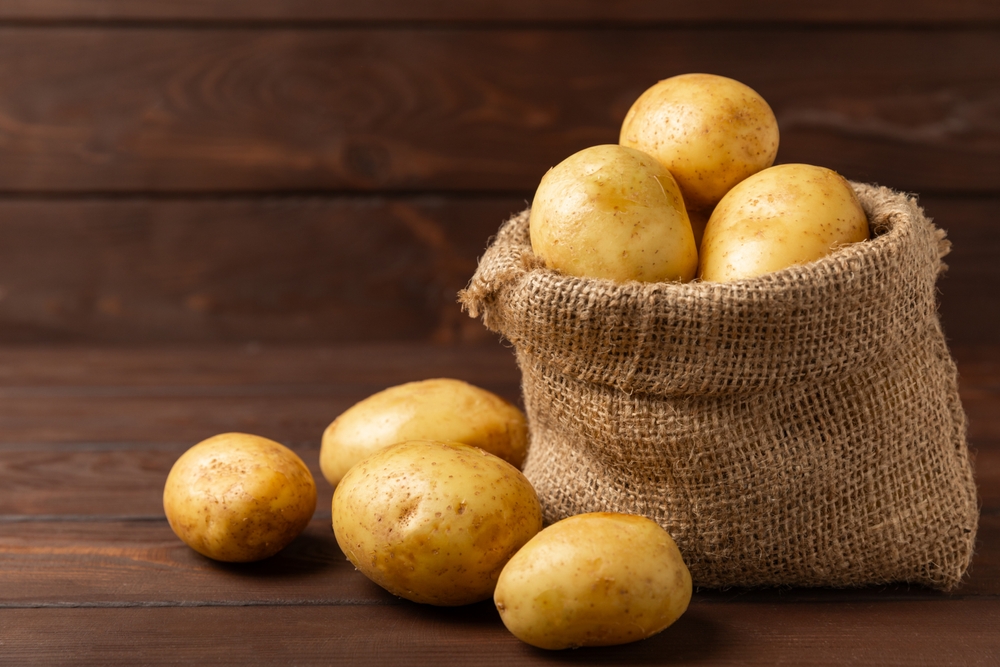
Some people think that refrigerating potatoes will keep them fresh longer, but the cold temperature actually converts the potato’s starch into sugar. This can result in an unpleasantly sweet taste and an altered texture when cooked. Instead, potatoes should be stored in a cool, dark place like a pantry or cellar, where they can last for weeks. Just make sure to keep them away from onions, as they can cause each other to spoil faster.
Leaving Canned Goods in the Garage
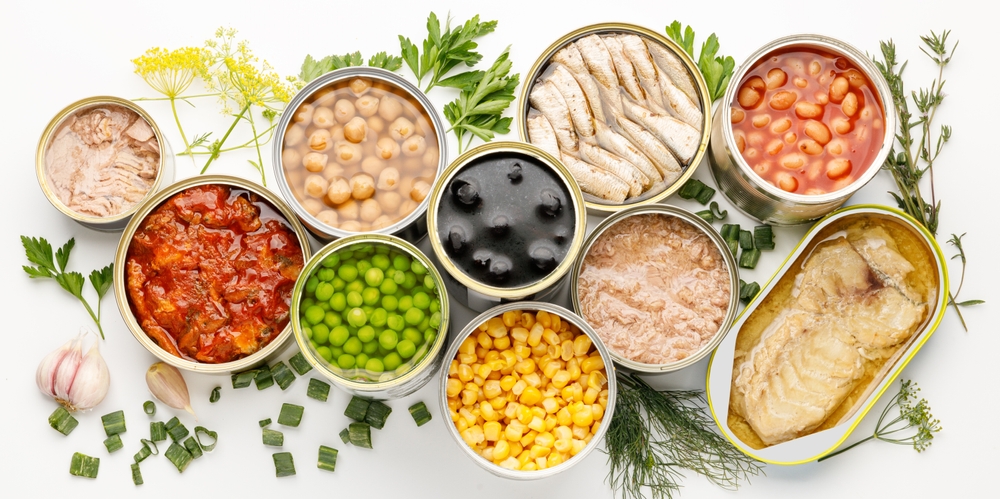
It’s easy to think of the garage as a convenient storage space for non-perishable items like canned goods, but the fluctuating temperatures can cause problems. Extreme heat or cold can affect the integrity of the can, potentially leading to rust, leaks, or spoilage. Canned goods should be stored in a cool, dry place, ideally in a pantry where the temperature is stable. This will help ensure that they remain safe and edible for as long as possible.
Storing Milk in the Refrigerator Door
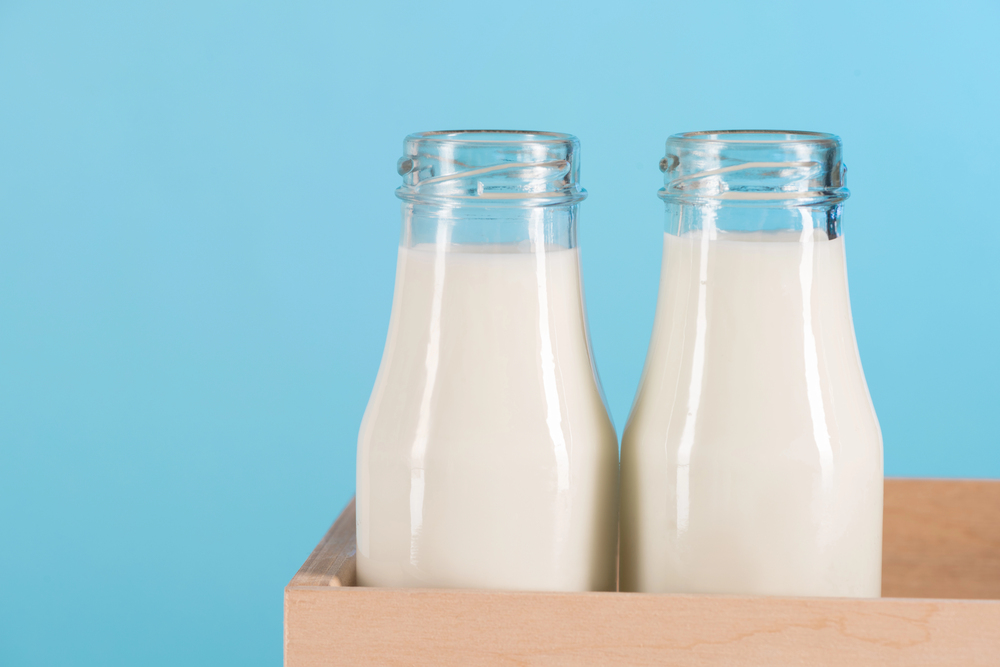
Many people place their milk in the refrigerator door for easy access, but this is actually the warmest part of the fridge. The frequent opening and closing of the door cause temperature fluctuations that can lead to faster spoilage. Milk should be stored on a shelf inside the refrigerator, where the temperature is more constant. This simple adjustment can help your milk stay fresh for a few extra days.
Refrigerating Bananas
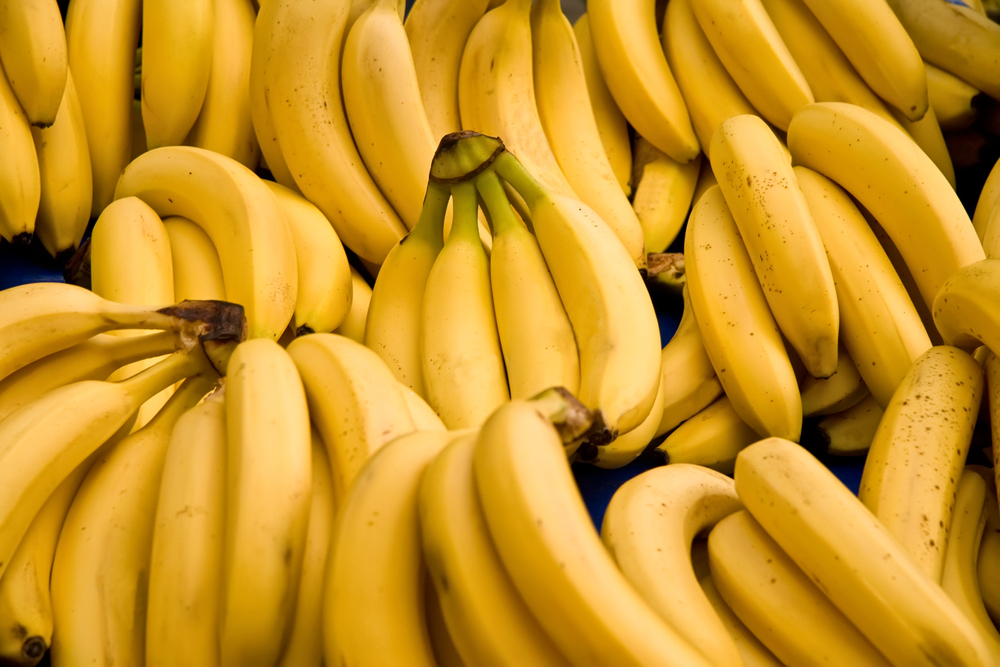
It’s a common belief that refrigerating bananas will keep them from ripening too quickly, but this can have unintended effects. The cold temperature slows down the ripening process but also causes the banana peel to turn brown and the fruit to lose some of its flavor. Bananas are best kept at room temperature until they reach your desired ripeness. Once ripe, they can be refrigerated if you don’t mind the peel discoloration, but the texture and taste may still be affected.
Keeping Herbs in the Fridge Without Protection
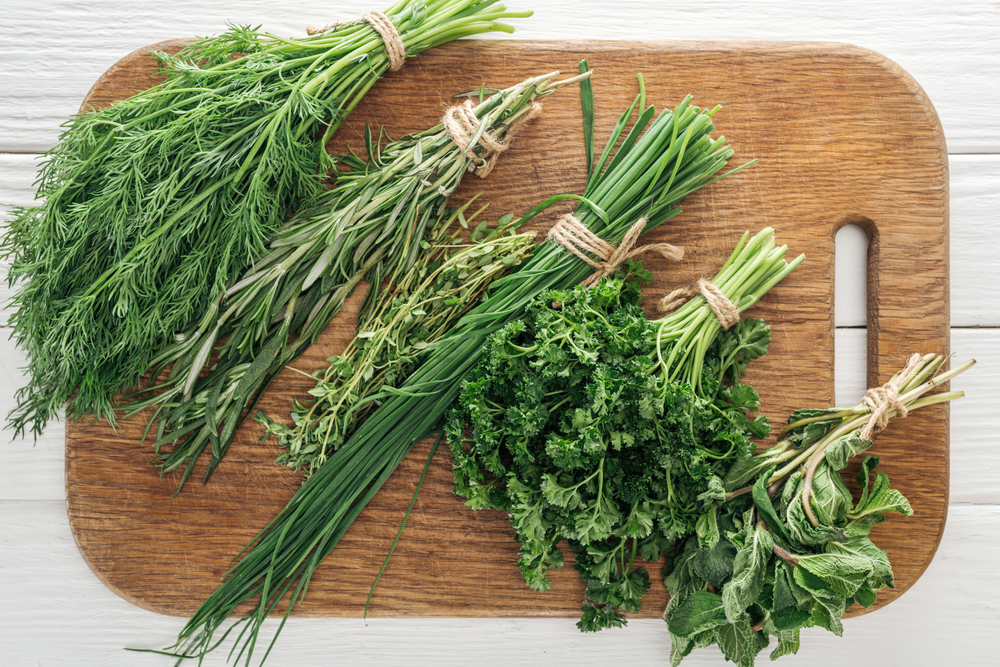
Many people toss fresh herbs into the fridge as is, thinking they’ll stay fresh longer, but this often results in wilted and unusable leaves. Herbs are delicate and need proper storage to maintain their freshness. Wrapping them in a damp paper towel and placing them in a sealed container or plastic bag can extend their life. Alternatively, you can place the stems in a glass of water, cover the top loosely with a plastic bag, and store them in the fridge.
Storing Onions and Garlic Together
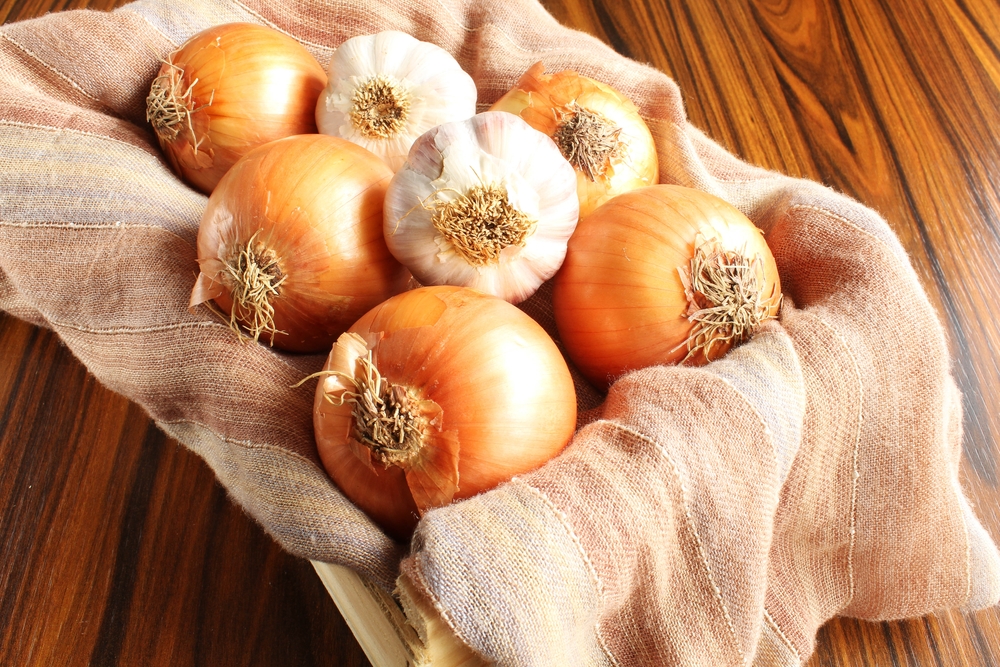
It’s tempting to store onions and garlic together since they’re often used in the same recipes, but this can lead to premature spoilage. Both onions and garlic release gases that can cause each other to sprout or rot when stored nearby. It’s best to keep them in separate, well-ventilated areas, ideally in cool, dark places. This will help maintain their freshness and prevent them from spoiling too quickly.
This article originally appeared on RetailShout.
More From RetailShout
11 Oldest Seafood Restaurants in the US You Can’t Miss

Seafood has been a favorite in American cuisine for centuries, and some of the oldest seafood restaurants still stand as a testament to that love. These spots not only serve up fresh and delicious seafood but also carry rich histories that make dining there an unforgettable experience. Read More.
The 14 Ultimate Ranking of Trader Joe’s 2024 Boxed Mixes
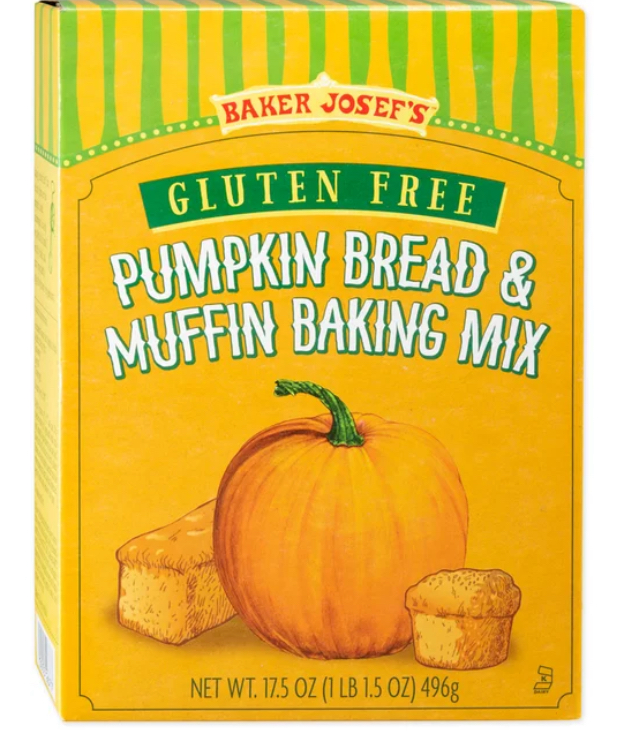
Let’s be real—life is busy, and sometimes we just need a little boxed magic to get a delicious treat on the table without breaking a sweat. Luckily, Trader Joe’s has our backs with their incredible (and sometimes quirky) array of boxed mixes. Read More.
14 Creative and Healthy Lunches Your Kids Will Look Forward To

Making sure your kids have healthy lunches is important for their growth and energy throughout the day. Here are 15 great options that are not only nutritious but also delicious and easy to prepare. Read More.



